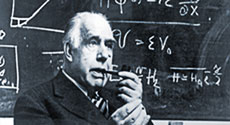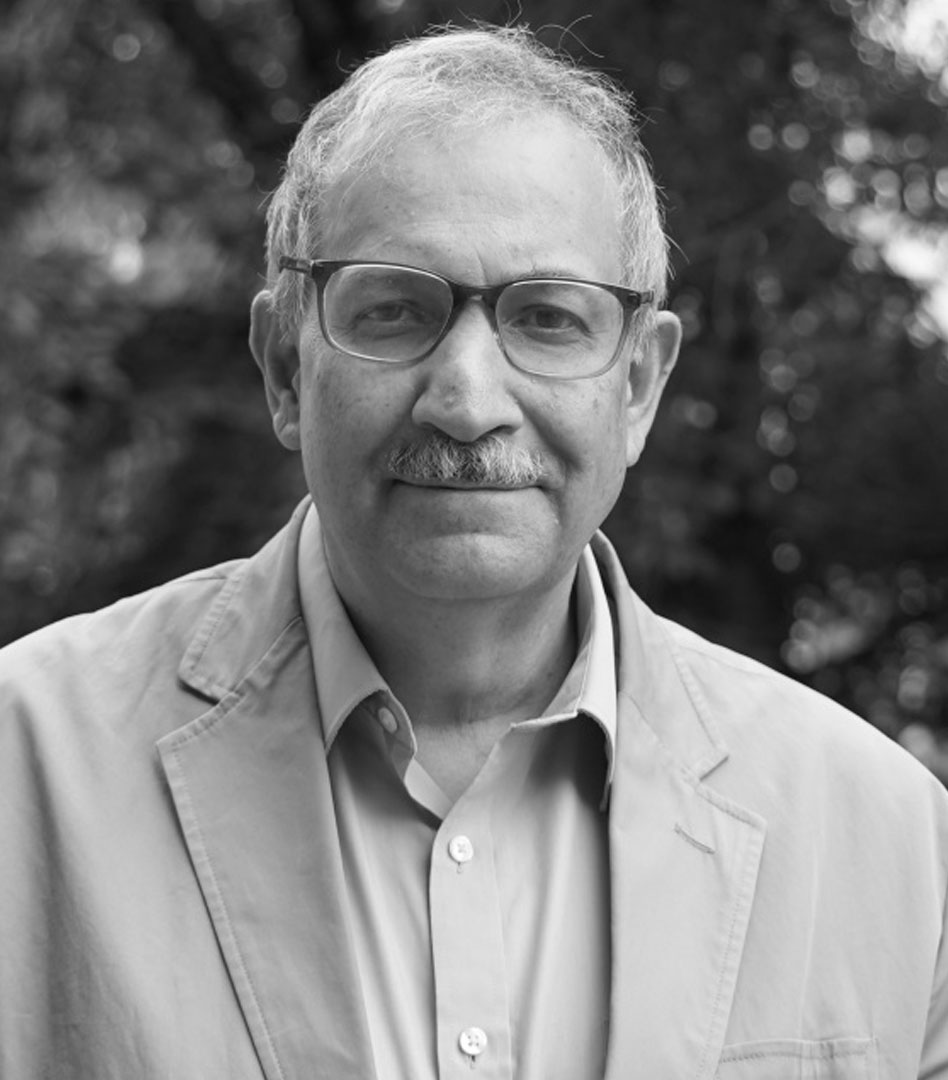Niels Bohr Lecture by Mehran Kardar, MIT
Boundaries, inclusions and disorder in active matter
Abstract: Active systems are driven out of equilibrium by exchanging energy and momentum with their environment. This endows them with anomalous mechanical properties which leads to rich phenomena when active fluids are in contact with boundaries, inclusions, or disordered potentials.
Indeed, studies of the mechanical pressure of active fluids and of the dynamics of passive tracers have shown that active systems impact their environment in non-trivial ways, for example, by propelling and rotating anisotropic inclusions. Conversely, the long-ranged density and current modulations induced by localized obstacles show how the environment can have a far-reaching impact on active fluids.
This is best exemplified by the propensity of bulk and boundary disorder to destroy bulk phase separation in active matter, showing active systems to be much more sensitive to their surroundings than passive ones.
Biography:
Mehran Kardar is the Francis Friedman Professor of Physics at MIT. Born and educated through high school in Tehran (Iran), he obtained a BA degree from Cambridge University (UK) in 1979, and a PhD in Physics from MIT in 1983.
He was a Junior Fellow of the Harvard Society of Fellows for three years, before joining MIT faculty in 1986. His specialty is Statistical Physics, having authored two textbooks in this field, and conducted research on a variety of topics spanning soft-matter, biophysics, and fluctuation-induced phenomena.
Prof. Kardar is the recipient of a number of awards including the A.P. Sloan Fellowship, Presidential Young Investigator Award, Guggenheim Fellowship, the Alexander von Humboldt Foundation Research Award, and the Boltzmann medal.
He is a fellow of the American Physical Society, the American Academy of Arts and Sciences, and the National Academy of Sciences.
Coffee and cake from 14:45.
 Niels Bohr Lectures er en engelsk-sproget foredragsrække på Niels Bohr Institutet med kendte forskere fra hele verden.
Niels Bohr Lectures er en engelsk-sproget foredragsrække på Niels Bohr Institutet med kendte forskere fra hele verden.
Foredragene holdes cirka 10 gange om året og er offentlige. De er for studerende og ansatte ved Niels Bohr Institutet samt andre med interesse for at høre om videnskabelig forskning i verdensklasse. Foredragene holdes på et ikke-teknisk niveau, hvor de kan forstås af alle med en baggrundsviden, der svarer til de første år på fysikstudiet.
Tidspunkt og sted: Hvis intet andet er anført, finder foredragene sted kl. 15.15 i Margrethe Bohr Salen, Niels Bohr Bygningen, 2200 København N. Kaffe og kage serveres en halv time inden foredraget starter.
The lectures are public and held about 10 times a year. The lectures are for students and staff at the Niels Bohr Institute and others interested in worldwide scientific research. The lectures are held on a non-technical level where they can be understood by anyone with a background similar to the first year of physics study.
Time and place: Unless otherwise specified, the lectures take place at. 15.15 in Margrethe Bohr Salen, Niels Bohr Bygningen, 2200 Copenhagen N. Coffee and cake will be served half an hour before the lecture starts.

